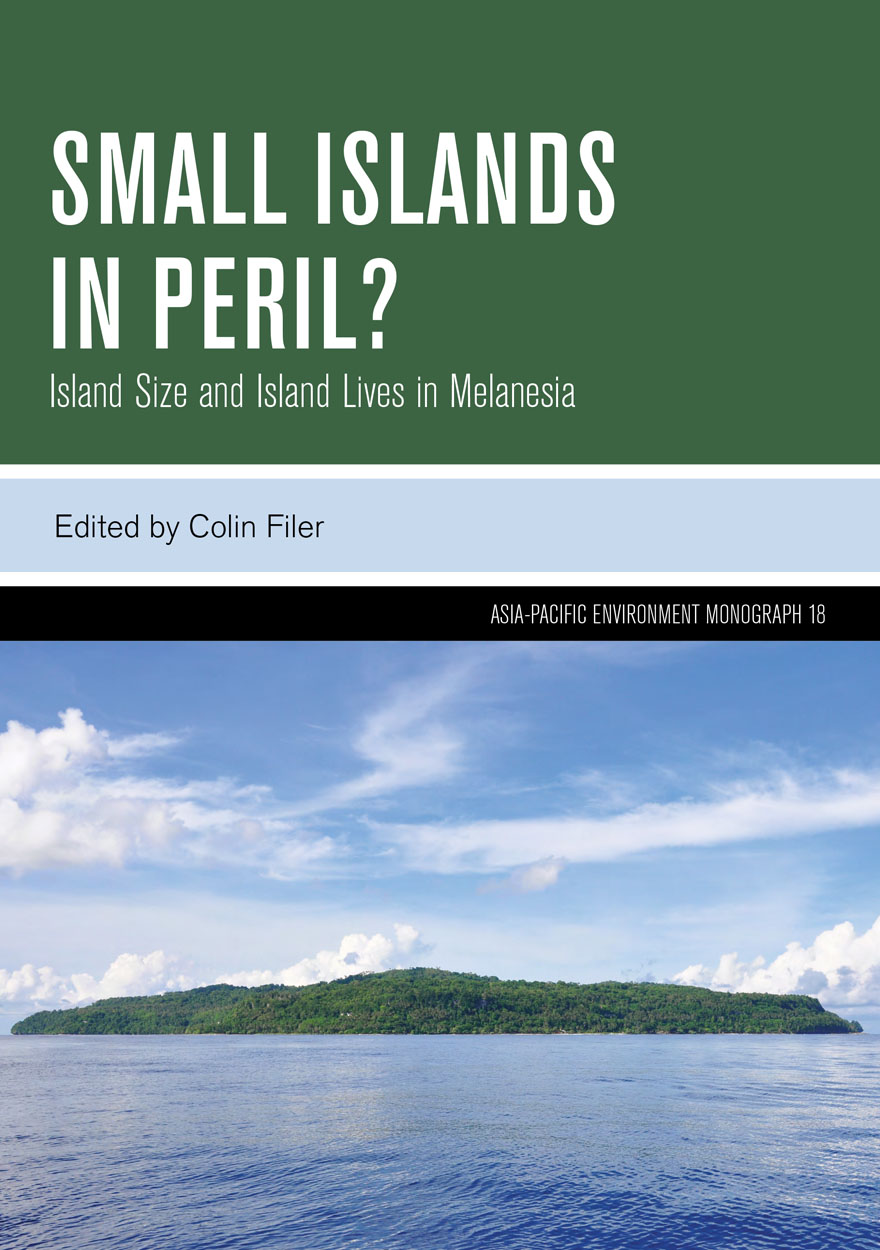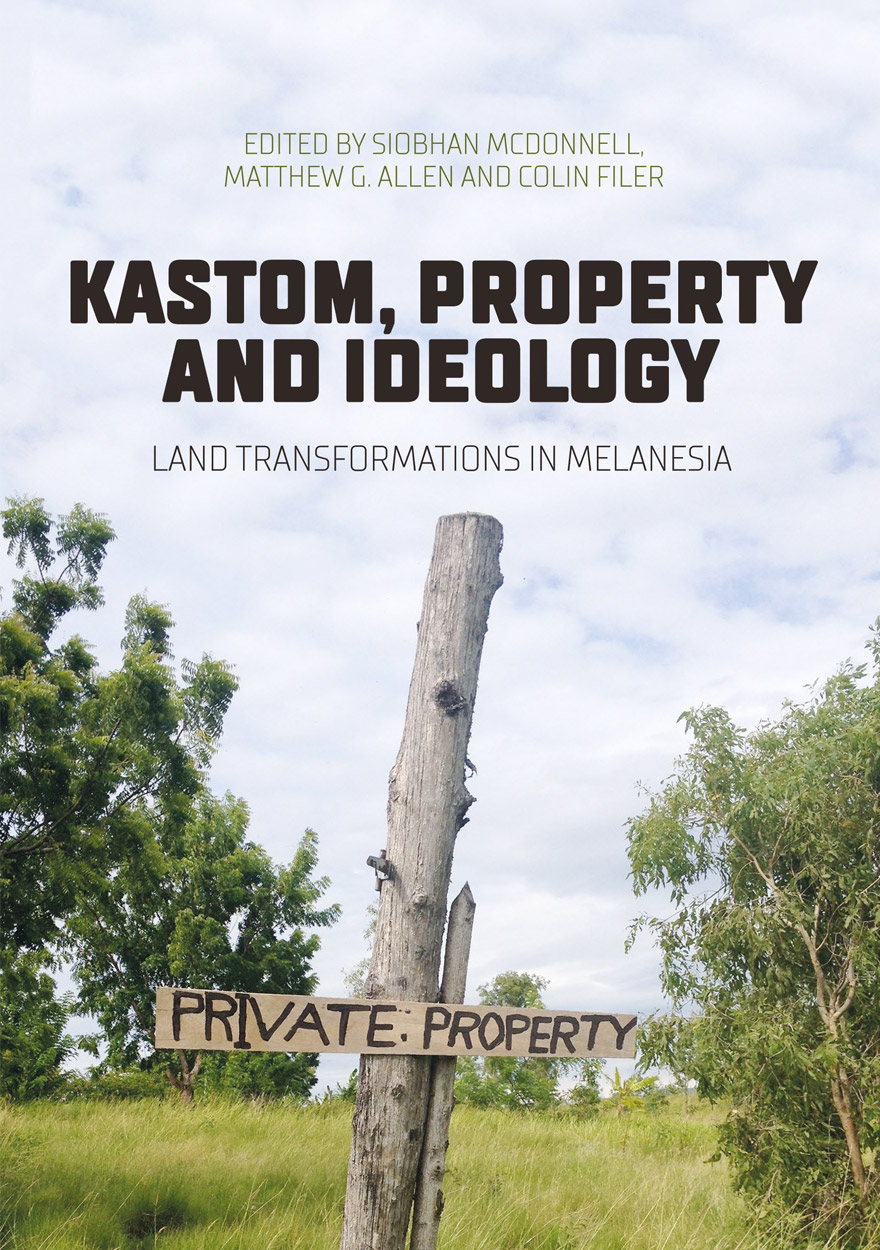Colin Filer
Colin Filer has a PhD in Social Anthropology from the University of Cambridge. He has undertaken research on a variety of resource management questions in Melanesia, and especially in Papua New Guinea, over the past 40 years. He is currently an Honorary Professor with the Resources, Environment and Development Group in the Crawford School of Public Policy, ANU.

Small Islands in Peril? »
Island Size and Island Lives in Melanesia

Large-scale Mines and Local-level Politics »
Between New Caledonia and Papua New Guinea

Kastom, property and ideology »
Land transformations in Melanesia

Tropical Forests Of Oceania »
Anthropological Perspectives




